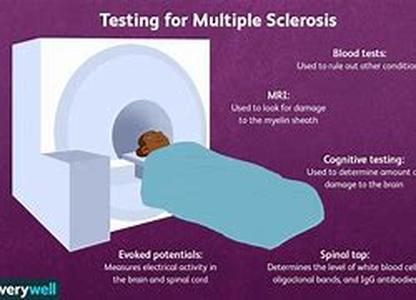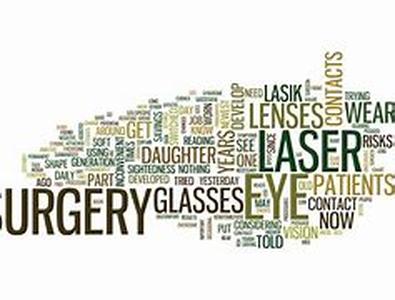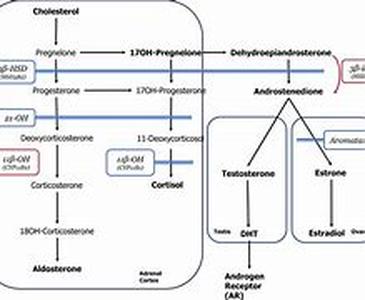
Zheimers Disease Is A Form Of Dementia (a Neuropathological Disorder Affecting Many Cognitive Functions Of The Brain) Commonly Occurring Among People Aged 65 Years Above. The Disorder Has Been Associated With Aging, Which Prompted Many Scientists To Believe That Both Are Related. However, There Have Been Cases Reported Of People Developing The Disease Before Reaching 65. The Condition Came To Be Known As Early Onset Alzheimers.What Is It?Early Onset Alzheimers Is Just Alzheimers Disease That Develops Before The Patients Reaches 65 Years Of Age. Some Of Those Who Are Affected Can Be As Young As 40 Or 50. There Was Also One Very Rare Case Where The Victim Was Only 29 Years Old. As To How Common Early Onset Alzheimers Is, A Neuropsychologist At The Mayo Clinic, Rochester, Minn., Glenn E. Smith, Ph.D., Answers That Only About Six To Eight Percent Of People With Alzheimers Develop The Symptoms Before 65 Years Of Age. This Means That Around 300,000 Out Of The 4.5 Million Alzheimers Patients Have The Early Onset Form.What Is The Cause?Early Onset Alzheimers Runs In The Family. Usually, A Person Who Develops Early Onset Alzheimers Has A Parent Or A Grandparent Who Also Developed The Same Form Of Alzheimers. The Development Of The Disease Could Be Traced Back To A Defective Gene On Any Of Three Chromosomes: 1, 14, Or 21. Only A Very Small Number Of People Have This Genetic Mutation, Which Scientists Describe As Autosomal Dominant Meaning That If Either Parent Has One Copy Of This Gene, The Son Or Daughter May Be Affected. However, This Gene Is Different From The Apo-E Gene That Has Been Associated With Alzheimers Disease. While You Can Have The Apo-E Gene On Your Chromosomes, It Is Quite Possible That You Do Not Develop Alzheimers. Conversely, You May Not Have The Apo-E Gene But Still May Develop Alzheimers Once You Reach The Age Of 65. The Same Is Not True With Early Onset Alzheimers, However. As Long As You Have Any Of The Three Genes Mentioned, It Would Be Considered Very Unusual If You Do Not Develop Alzheimers Before Reaching 65.Is Testing Advisable?Testing For Any Of The Three Genes That Trigger Early Onset Alzheimers Is Advisable. However, It Remains A Personal Decision On Your Part. It Should Be Noted That Genetic Testing For Early Onset Alzheimers Is Very Difficult, As Is The Case With Any Diseases That Do Not Yet Have A Cure. Decide By Weighing Down What Are The Advantages And Disadvantages To You And To Your Family If You Do Decide To Get Tested For Early Onset Alzheimers Genes. In Addition To Being Difficult, Testing Can Also Be Expensive. If You Have Any Relatives That Have Developed Alzheimers At An Early Age, Family Planning Might Prove A Wise Step.





